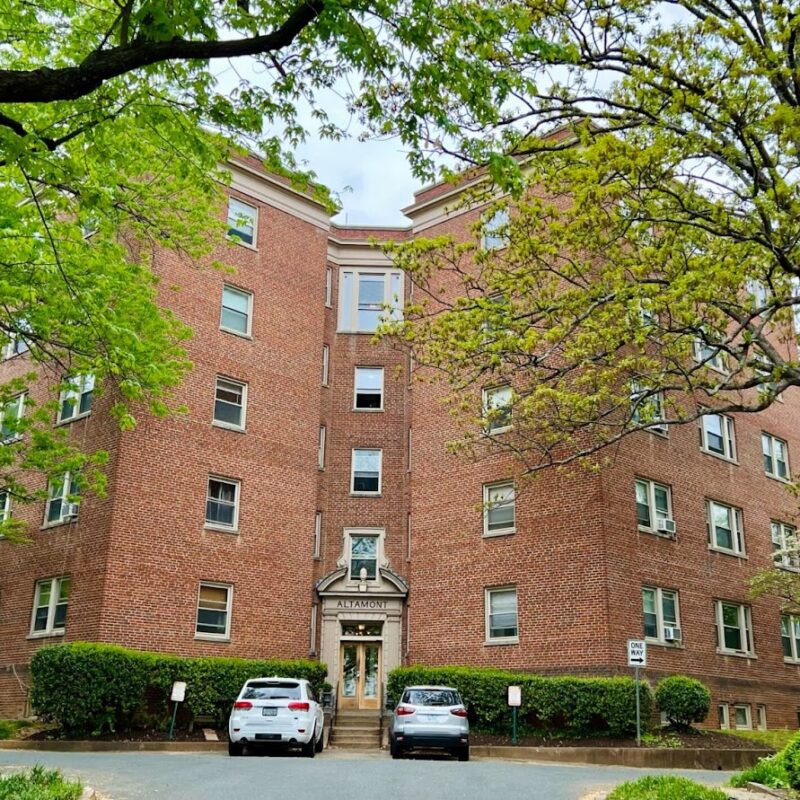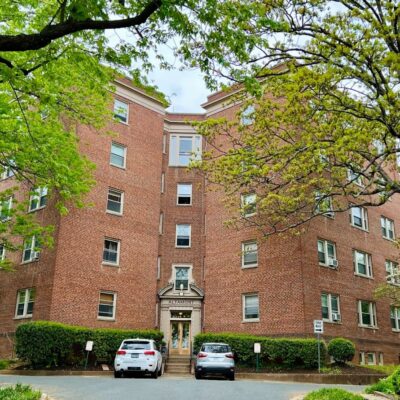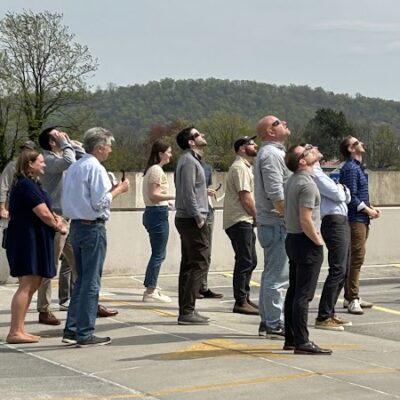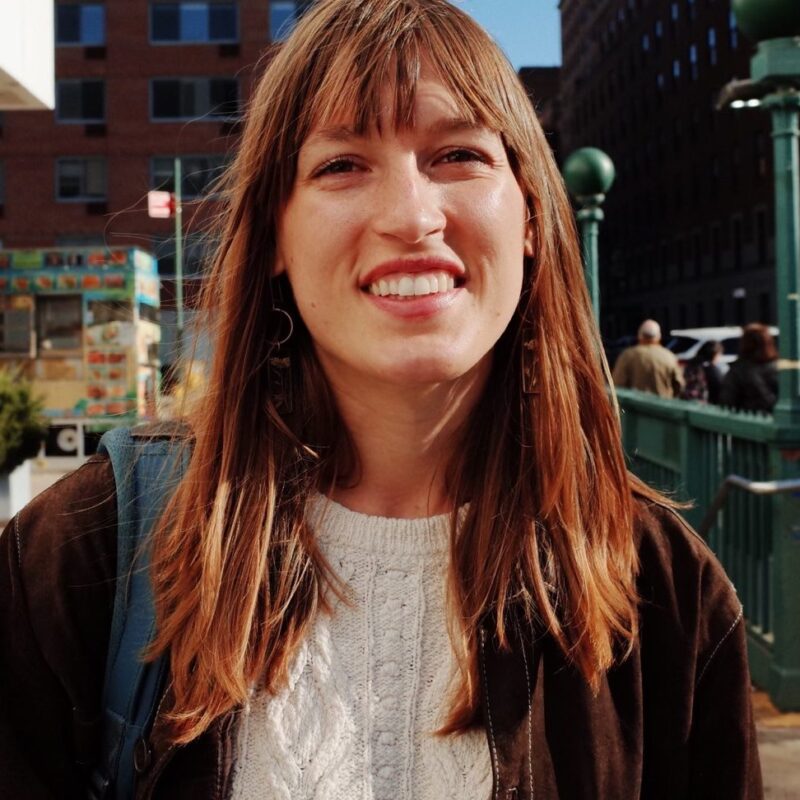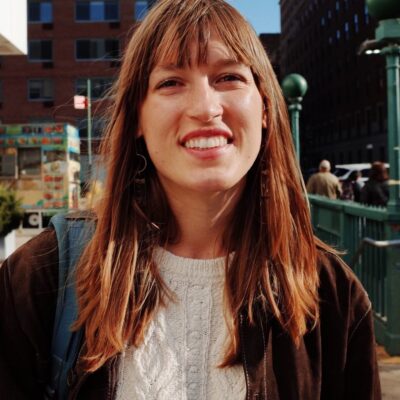As owner of the Charlottesville Parking Center, Mark Brown acknowledges right off the bat that his push to eliminate free street parking downtown raises an obvious question about whether he has the most to gain from such a move.
Brown became the downtown parking czar in August when he bought for $13.8 million CPC, which owns the Water Street parking lot, the land under the Water Street parking garage and 284 spaces, and manages the Market Street parking garage.
General manager Bob Stroh has run CPC for decades and also is head of the Downtown Business Association of Charlottesville. When he and Brown floated the idea of ditching free street parking to the DBAC, initially everyone was skeptical, said Brown, but after hearing the seemingly counterintuitive reasons why paid parking was a good idea, the business group signed on. “No one in DBAC is going forward with a plan that’s just to enrich me,” said Brown.
What’s at stake are looming parking losses downtown when the newly approved Market Plaza eliminates the 103-space City Market lot and temporarily takes 40 spaces from the Water Street lot during construction, he said. That will make it more difficult for visitors because people who work downtown pretty much hog the 800 free street-parking spaces, according to Brown.
Brown said the 343 two-hour spaces immediately surrounding the mall, which he said are supposed to be for shoppers, are full by 8:30am. “People who work there are parking there,” he said. “Would Barracks Road [Shopping Center] allow employees to park in the best spots?”
Parking meters downtown were ripped out in the ’70s when it became a pedestrian mall to encourage shoppers to come downtown. “Probably 20 years ago, we in the business community started to understand this two-hour shuffle disaster,” said Stroh. In 2008, a study suggested it was time to eliminate free street parking, but City Council didn’t act on it.
Brown and Stroh launched their own study of street parkers in September, and have identified, besides the two-hour shufflers—employees downtown who move their cars to a new spot every two hours to avoid a ticket—two other types of free-parking seekers. They have their own version of “double parkers”—those who have paid parking available but still use street parking—and “overstayers” who clog street parking meant for shoppers. “This is rampant,” said Brown.
They photographed examples of double parkers, identified by the parking permit hanging from their rearview mirrors, indicating they have paid parking in one of the city garages, yet continue to park on the street in free spaces. “Look, this guy has a ticket,” said Brown, pointing at a photo. And he alleges that many of the double parkers are city employees who have subsidized parking.
A city employee can park right beside City Hall at the Market Street Garage, where the regular rate is $135 a month, for $60 a month. Of the city’s 466 employees, 117 use the subsidized parking plan, and they also have access to free parking in the 60-space Levy Street lot, according to documents provided by city spokesperson Miriam Dickler.
At most, 35 spaces are used in the Levy Street lot, said Brown. “Our data indicates that 200 city employees are parking in street spots,” he said. And if those employees are doing the two-hour shuffle, that means lost productivity and increased congestion from all that car moving, he said.
Overstayers—those who exceed the two-hour limit—are another problem, contends Brown. He produces a photo of a Suburban whose owner allegedly works at a stock brokerage firm and parks in a two-hour space all day. That particular vehicle, according to Lieutenant Steve Upman at Charlottesville Police, has received 12 tickets in 2014, all of which have been paid.
But what about the worker on the mall who doesn’t have employer-subsidized parking and must two-hour shuffle or park on outlying streets?
Eliminating free parking “would be a huge problem for people,” said P.K. Ross, who comes into her job at Splendora at 6:30am and parks on Garrett Street, which has unrestricted parking.
“For people who can’t afford to pay, we’ll provide free parking,” promised Brown, “but it won’t be right on the Downtown Mall.”
The Downtown Business Association presented its plan to use kiosks to collect money from street parkers to City Council December 1. Affordable parking for workers is a primary concern for councilor Kristin Szakos, who has done the two-hour shuffle herself when she worked downtown.
Szakos stressed that no plan is in place, but said council members seemed supportive of the idea. Mayor Satyendra Huja asked city staff to come back with a proposal in 60 days.
“I’m really concerned about the waiters and waitresses who need space to park,” said Szakos. “We really need to pay attention to that.” She also wants to hear from people who live downtown to make sure there are no unintended consequences to residents.
The kiosks Brown and Stroh propose would take cash, credit cards or could be paid with a cell phone. They estimate the cost of 60 kiosks and an enforcement vehicle at $750,000 and say the DBAC is willing to kick in funding. Users put in their license plate number, and if they need more time, that can be extended remotely. “It’s not linked to a spot—it’s linked to a vehicle,” said Brown.
The collection of license plate numbers has raised some concerns about privacy—although not for Brown and Szakos.
Realtor/blogger Jim Duncan said he can see good reasons for paid street parking, but doesn’t want a privately held database of license plate numbers. “There should be a conversation about how that data is being used and how log it will be kept,” said Duncan.
Market Street Wineshop owner Robert Harllee sees the attraction of paid parking “because parking is so horrendous,” especially if it frees up more short-term spaces. He also said paid parking would impact his employees, and there would need to be more long-term parking for them.
That would happen, said Brown, using parking revenues. “It would be enough to pay for free parking for the people who need it,” he said. And with merchant validation, shoppers could park for free, too.
Brown would like to see the parking revenue go to a business improvement district to support a vibrant downtown and enhance downtown access. “The easier it is to park, the more people will want to come downtown,” he said.
Here’s where Brown, who also owns Main Street Arena and Yellow Cab, concedes self-interest. “A rising tide floats our boat,” he said. “Nobody needs that more than me.”
Two-hour parking leads to the two-hour shuffle on downtown streets.
“For people who can’t afford to pay, we’ll provide free parking,” promised Mark Brown, “but it won’t be right on the Downtown Mall.”
